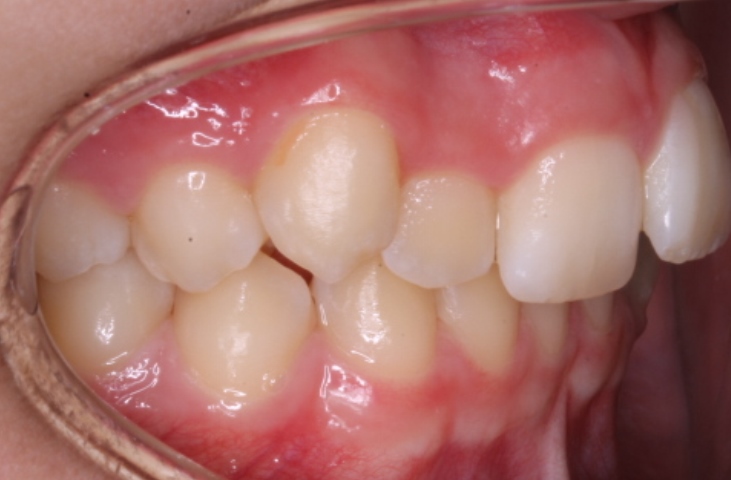Surgical orthodontics aligns the upper and lower jaws in cases of severe abnormalities, misaligned bites, or malocclusion. You may also hear surgical orthodontics, referred to as orthognathic surgery.
Dr. Jared Dean only recommends jaw surgery for adults or older teens because the jaw must have completed growing for the procedure to be successful. He works in partnership with local maxillofacial surgeons for patients who require jaw surgery as part of their orthodontic treatment.
TYPES OF JAW PROBLEMS AND SURGERIES
For orthodontic purposes, most jaw problems relate to having an overbite, underbite, or an open bite. If you have an overbite, some or all of your bottom teeth protrude further than your top teeth. The opposite is true with an underbite. An open bite means that several of your teeth from the top and bottom rows don’t touch each other when you close your mouth.
Maxillary osteotomy is the most common procedure for an overbite, underbite, or open bite. Other standard procedures are double jaw surgery for issues affecting both the upper and lower jaws and mandibular osteotomy for especially challenging underbite cases.

ORTHOGNATHIC SURGERY AS PART OF AN ORTHODONTIC TREATMENT PLAN
Orthodontic surgery is just one aspect of treating issues with your jaw and teeth. You may wear braces for several months before Dr. Dean refers you to a maxillofacial surgeon. You could also need one or more teeth extracted before your jaw surgery. Dr. Dean will discuss your unique treatment plan during your initial orthodontic consultation in Cambridge or Zanesville, Ohio.
HOW TO PREPARE AND RECOVER FROM SURGICAL ORTHODONTICS
Your orthodontic surgery will take place in a hospital, so expect a call from the hospital’s pre-admissions department. A person from the scheduling department will reach out to obtain your demographic and insurance information. The hospital representative will also tell you what you should and should not do before your outpatient surgery.
You should be able to go home the same day, depending on the severity of your jaw issue. Outpatient jaw surgery requires general anesthesia. Be sure to bring up any questions or concerns you have about anesthesia to hospital staff.
The best way to prepare for jaw surgery is to reduce stress as much as possible and stock up on soft foods you can eat once you get home. The soreness in your jaw will prevent you from chewing for up to several days, which is completely normal. You should expect a recovery period of approximately two weeks.
Please contact the Dean Orthodontics office nearest you with any additional questions.
Source: Cleveland Clinic
Source: Palate Expander: Uses, Types & Adjusting (Cleveland Clinic)
